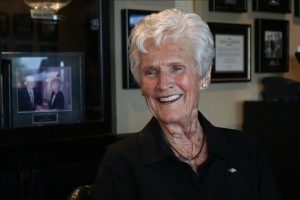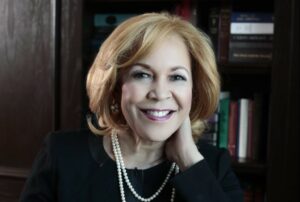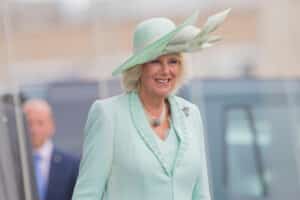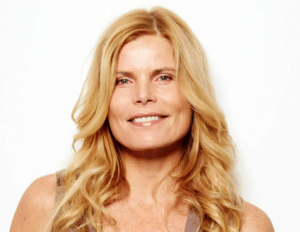With Hillary Clinton and Carly Fiorina making the news as the two women candidates trying to win their political parties’ nominations, you might wonder who was the first woman to run for president?
Victoria Claflin Woodhull was nominated in May, 1872 by the Equal Rights Party, and her running mate was African-American social reformer and abolitionist Frederick Douglass. Woodhull’s most notable claim to fame is just the tip of the iceberg for a deeply rich and sometimes audacious life.
“Well-behaved women seldom make history,” wrote Harvard scholar Laurel Ulrich in 1976, “and this is especially true about our first woman presidential candidate in the U.S.,” says charitable entrepreneur Neal Katz, author of the historical novel “Outrageous: The Victoria Woodhull Saga, Volume One: Rise to Riches”.
“Victoria would not let anything keep her from what she believed was her entitled destiny, notwithstanding social expectations and prevailing morality.”
Woodhull and her sister, Tennessee Celeste Claflin, became the first women both to own and operate a Wall Street brokerage firm and to publish the first women-owned newspaper. Woodhull was also the first woman invited to address a Congressional Committee.
How do the current candidates compare to the first woman U.S. presidential candidate? – “Woodhull advocated a tax on the wealthy, women suffrage, equal pay, free vocational training or higher education for women and full legal equality as emancipation from the slavery of marriage,” Katz says.
Woodhull helped progress enlightened views of a woman’s sexuality by defying the regressive norms of her day. During the 19th century, women who married in the U.S. were essentially trapped if they were in a loveless or violent marriage. A husband could legally will his wife’s children away. Divorced women, however, were ostracized as scandalous. Woodhull advocated “free love” as emancipation from this unfair double standard in 19th-century marriages.
Woodhull’s story is important for many reasons, not the least of which is just a reminder of how long we’ve been fighting for equality. Yet her story is also about hope, overcoming adversity, and manifesting the life you want to live. Social change happens when someone defies the norm.
What social change can you bring about because you determine to defy the norm?







